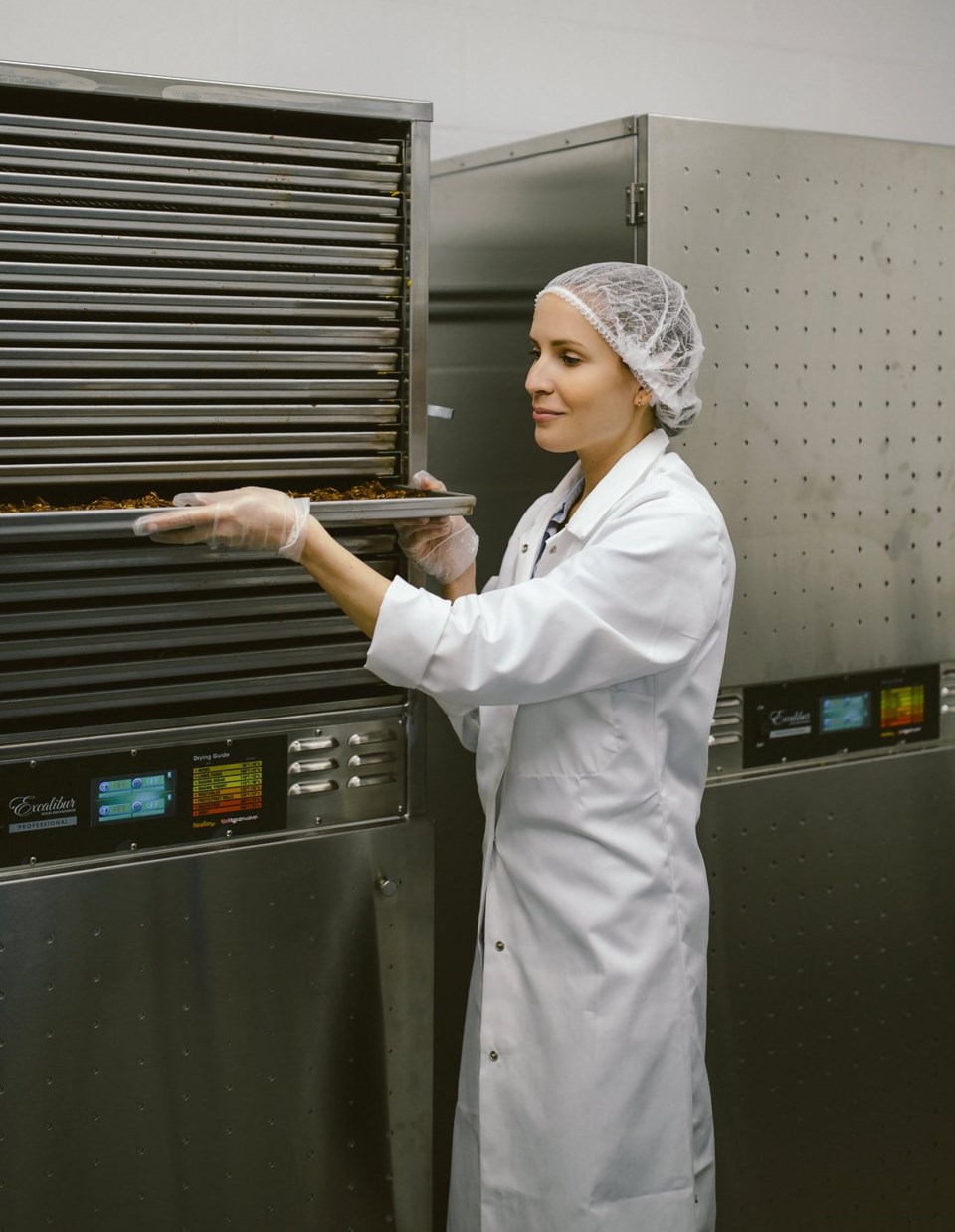HALIFAX ÔÇö Vancouver businesswoman Karen Danudjaja put out a casual social media call on Monday for a ÔÇťroundtableÔÇŁ on how entrepreneurs could survive the potential hit of 25 per cent U.S. tariffs.
Then the owner of Blume observed with surprise and delight as interest grew, and about 1,000 people accepted her webinar invitation to hear a panel of experts discuss ÔÇťpivotingÔÇŁ to fresh markets.
U.S. President Donald Trump agreed late Monday to delay by 30 days the imposition of tariffs on Canada, but the Canadian business community is still preparing for the worst. As Prime Minister Justin Trudeau hosted a summit of business, labour and industry leaders in Toronto on Friday, Danudjaja was preparing for her grassroots webinar with guests expected to include investor and television personality Arlene Dickinson, entrepreneur and co-founder of Manitoba Harvest Hemp Foods Mike Fata and B.C. Food and Beverage CEO James Donaldson.
ÔÇťIt's about diversifying our supply chain as much as we possibly can in order to be ready if the tariffs hit,ÔÇŁ said the Vancouver-based businesswoman, who ships about 450,000 packages of her SuperBelly probiotic powder monthly to Canadian and U.S. retailers. ÔÇťI really see this community rising up to overcome this obstacle,ÔÇŁ she said in an interview Thursday.
Tara Tomulka, chief executive of Rawcology, is among those who signed up. Her company, headquartered in Toronto, makes organic granola and snack foods sold at 1,500 location across Canada and the United States, with about a third of its products shipping to the south.
Tomulka relies on getting ingredients such as organic banana pur├ęe or tapioca syrup from the U.S. market, but she says that since Monday, the company is "trying to shift and pivot to find local suppliers."
There are challenges in the details of each potential new relationship. In one case, the firm sourced a potential purchase of Canadian frozen peach pur├ęe, but the minimum quantity was simply too large for her to store in her facility, she said.
The Plan B that companies like hers are considering also involves creating fresh products tied to what can be found within the country.
"(Canadian) oats are definitely going to be one of the main ingredients in a new product, and we're also looking at other unique Canadian-grown ingredients such as hemp protein powders," she explained.
The positive side of the tariff threat is that Canadian retailers are now also looking for healthy, locally sourced Canadian packaged goods, she added. Over the last week, she counted five new retailers in Canada making inquiries about selling her family's products.
Sheena Russell, president of Made With Local Snack Foods Inc., said her firm's online sales of the organic snack bars made at its Windsor, N.S., plant rocketed after Trump's tariff declarations.
"The last couple of days, the volume of sales has tripled online compared to what it typically would be this time of year," she said Wednesday.
Still, there are some mixed emotions. Just weeks ago, the Nova Scotia company had been contemplating launching a separate line of products into the U.S. northeast. Russell says that is "on hold" due to the uncertainties created by Trump.
Linda Best, founder of a community economic development investment fund in Nova Scotia that aims to encourage farming startups, said packagers seeking suppliers face a decline in smaller Canadian farms over the past 60 years.
Best cites Nova Scotia Federation of Agriculture research estimating that in her province, less than 10 per cent of the average household's food budget is spent on locally grown agriculture, a sharp drop from decades earlier.
Statistics Canada indicates that as a result of industry consolidation and the aging of farm operators, the number of farms in the country dropped from about 193,000 in 2016 to about 190,000 farms in 2021.
"We need more farmers, we need more processors and we need them now," Best said in an interview Thursday.
"In Nova Scotia, (suppliers) aren't there at this point. That's what has been driving me nuts for so many years. Yes, we export fish, blueberries and cranberries .... I can think of all kinds of people in Nova Scotia who could be making great products," she said.
This report by The Canadian Press was first published Feb. 7, 2025.
Michael Tutton, The Canadian Press



